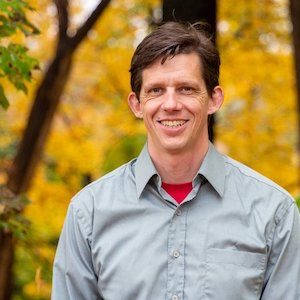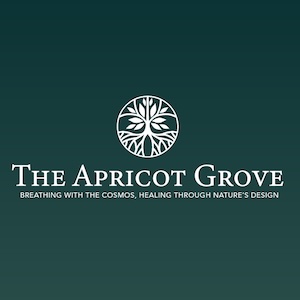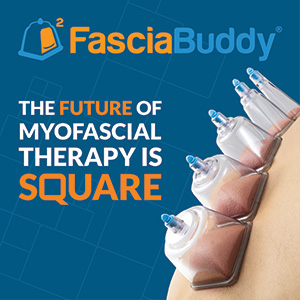Our language tells the tale of our evolution and the movement of the mind. It captures the experiences, attitudes, and wisdom of our ancestors and allows us to reflect upon our own.
As herbalists and acupuncturists, the language of our medicine allows us to explore the body’s terrain. And by working with the body, we avail ourselves of the opportunity to communicate with the Spirit, the Five Phases, along with the channels and collaterals.
And like classical Chinese language, our medicine typically leaves things open ended. It requires a fluid mind and a capacity to look both at ‘process’ and ‘thing.’
In this conversation with Stefan Grace, we touch on a number of topics—including unpacking portions of the Nei Jing, considering the meaning of the Chinese character Tong (通), the importance of Yi (intention), and the relevance of tensegrity in our work. We also talk about the influence of the Chinese language in our practice and the need to verify the teaching passed on to us.
Listen into this discussion on the lessons of the Nei Jing, cultivating Yi, and the influence of Tong in our clinical work..
In This Conversation We Discuss:
- Linguistic relativities between English and Chinese languages
- Applying the concepts of the Huangdi Nei Jing (Yellow Emperor’s Inner Canon) in our personal and clinical experiences
- Stefan Grace’s initiation into classical Chinese
- The powerful influence of Tong (通) in our work
- Moving with intention (Yi) in the clinic
- The privilege of practicing our medicine and the things that keep us grounded
- Bridging the past and present of our medicine – “The methods come from the ancient times, verification comes from in this moment.”
- Human physiology as a tensegrity structure
- Why would it be helpful to learn Chinese?
The qi follows the intention.
 I am a licensed acupuncturist in Vermont, where I run a newly-established clinic called Confluence Acupuncture. I received my training at the National University of Natural Medicine in Portland, OR, where I completed a four-year program of study in Classical Chinese Medicine and received my Masters of Science in Oriental Medicine. While in school, my work focused on the study and clinical application of classical Chinese herbal formulas.
I am a licensed acupuncturist in Vermont, where I run a newly-established clinic called Confluence Acupuncture. I received my training at the National University of Natural Medicine in Portland, OR, where I completed a four-year program of study in Classical Chinese Medicine and received my Masters of Science in Oriental Medicine. While in school, my work focused on the study and clinical application of classical Chinese herbal formulas.
I have practiced the Chinese internal martial arts for over 20 years, and I am an instructor of xingyiquan, baguazhang, and qigong with the North American Tang Shou Tao Association. I have been practicing the NATSTA lineage of tuina for over 15 years.
I have been studying classical Chinese off and on for over ten years. Being able to study the classical texts in their original form is one of the most personally and professionally enriching things I have ever done.














